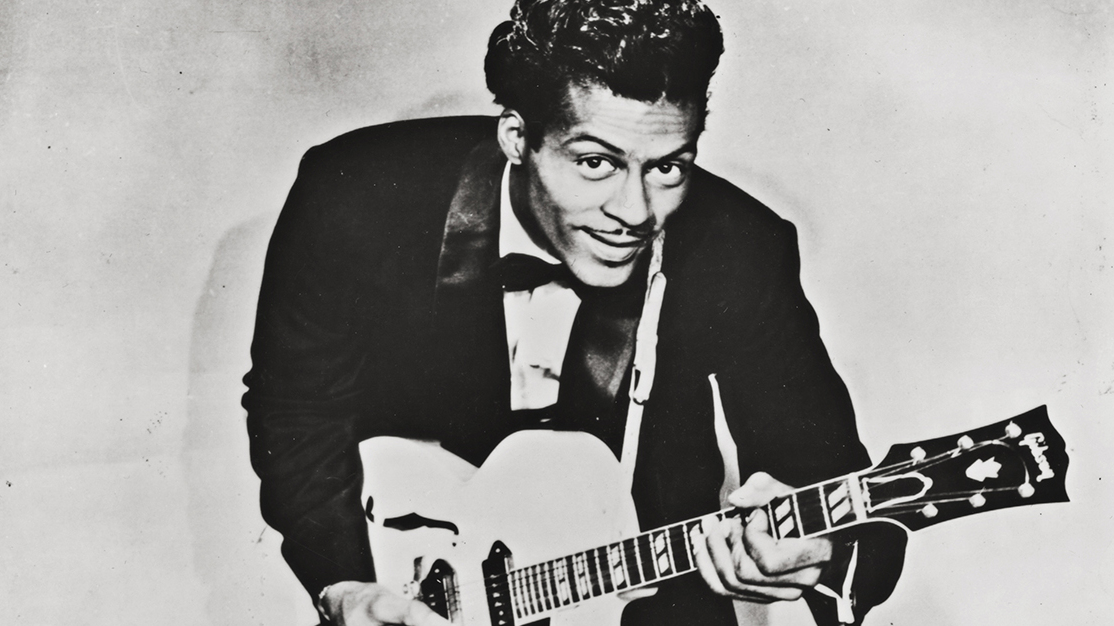You can trust Louder
In a searing indictment of pop pickers that should last the ages, the Chess label never had a Number One Billboard single until 1972, when Chuck Berry enjoyed a massive hit with the risque little ditty My Ding-A-Ling. For many pop kids at that time, Berry was a novelty pop irritant, a la Little Jimmy Osmond. Only upon growing up did it become apparent that Berry – today the oldest surviving rock’n’roller – was one of the founders of the rock’n’roll genre.
This compilation, lovingly selected by Wilko Johnson, is a mix of milestones and marginally lesser known numbers which assists further in our education about the label founded by Polish entrepreneurs Phil and Leonard Chess in 1950. It was their label that lay down the soil from which so much subsequent music sprang. This isn’t just an essential introduction to Chess but to the rock music we now take for granted.
The collection begins with Muddy Waters’ I Can’t Be Satisfied (he would eventually sue the company for non-payment of royalties), which sets the tone for the collection with its dirty, eloquent slide phrases and evocation of American landscape; vintage, familiar and foundational, yet possessed of an otherness, a strangeness that no one has ever superseded.
Little Walter’s harmonica wails like a lonesome train on Juke, before John Lee Hooker’s Sugar Mama offers a major reminder of what black American blues meant to envious young white Brit boys of a certain generation; it was one of the very first songs ‘adapted’ by Led Zeppelin, one of their earliest recordings, a version of which only saw the light of day on Coda.
And so it is across this two-CD collection – a range of pre-minders of a generation of white rock ‘originals’ to come. To listen to Howlin’ Wolf’s Smokestack Lightnin’ is to realise that Captain Beefheart’s style is but a reverential pastiche of a predecessor, while Back Door Man also features, later paid due homage by The Doors. Help Me by Sonny Boy Williamson was a touchstone for 60s Mod swagger. Hear Chuck Berry’s Memphis, Tennessee and you know what The Beatles had in mind when they wrote Help! and I Feel Fine.
And yet, to hear the famous, South American-inspired shuffle of Bo Diddley’s Bo Diddley is to remind yourself that even if this music had miraculously failed to influence anything, it would retain all of its qualities; hewn from wood and string and early mechanical reproduction, gripping, funky as hot stew, and damned weird.
Sign up below to get the latest from Classic Rock, plus exclusive special offers, direct to your inbox!
David Stubbs is a music, film, TV and football journalist. He has written for The Guardian, NME, The Wire and Uncut, and has written books on Jimi Hendrix, Eminem, Electronic Music and the footballer Charlie Nicholas.


